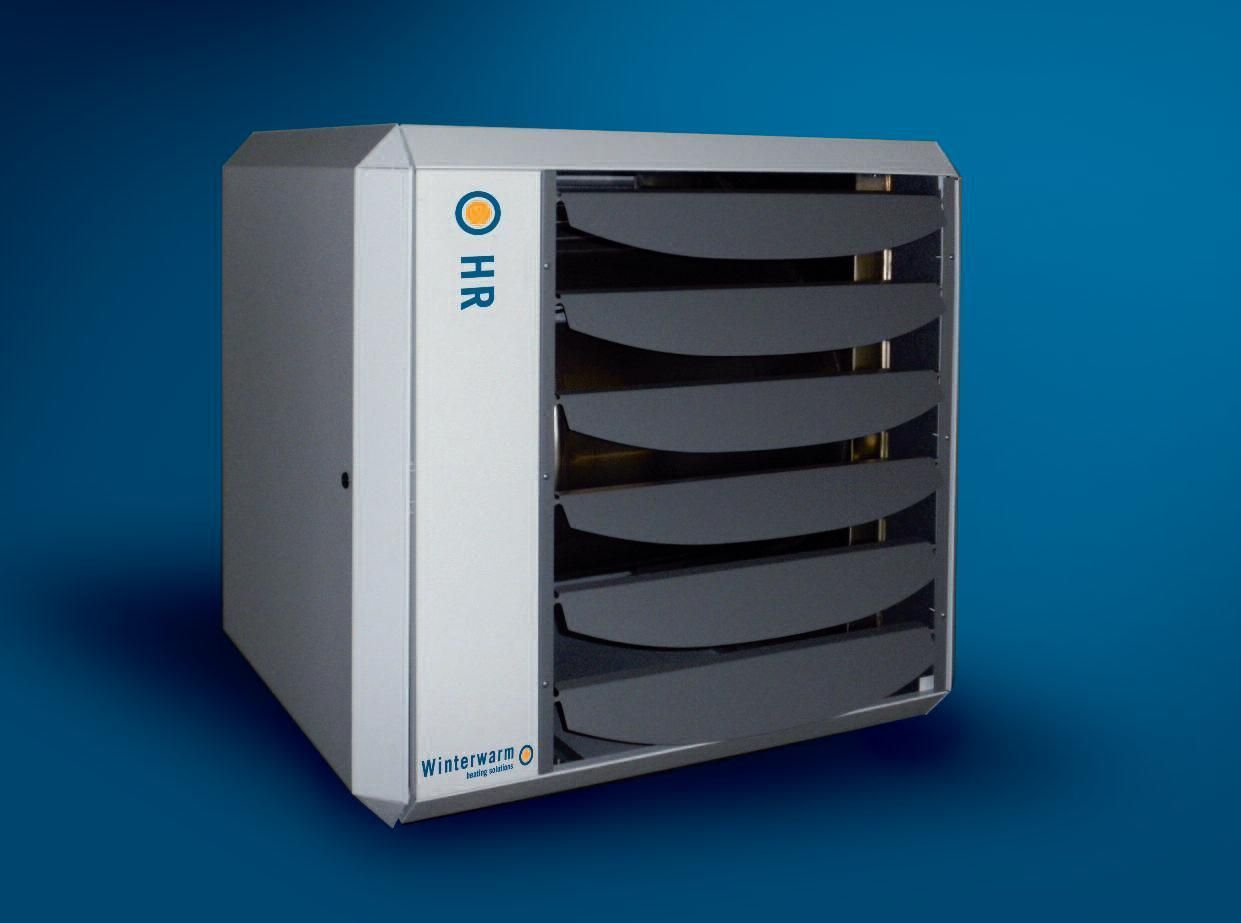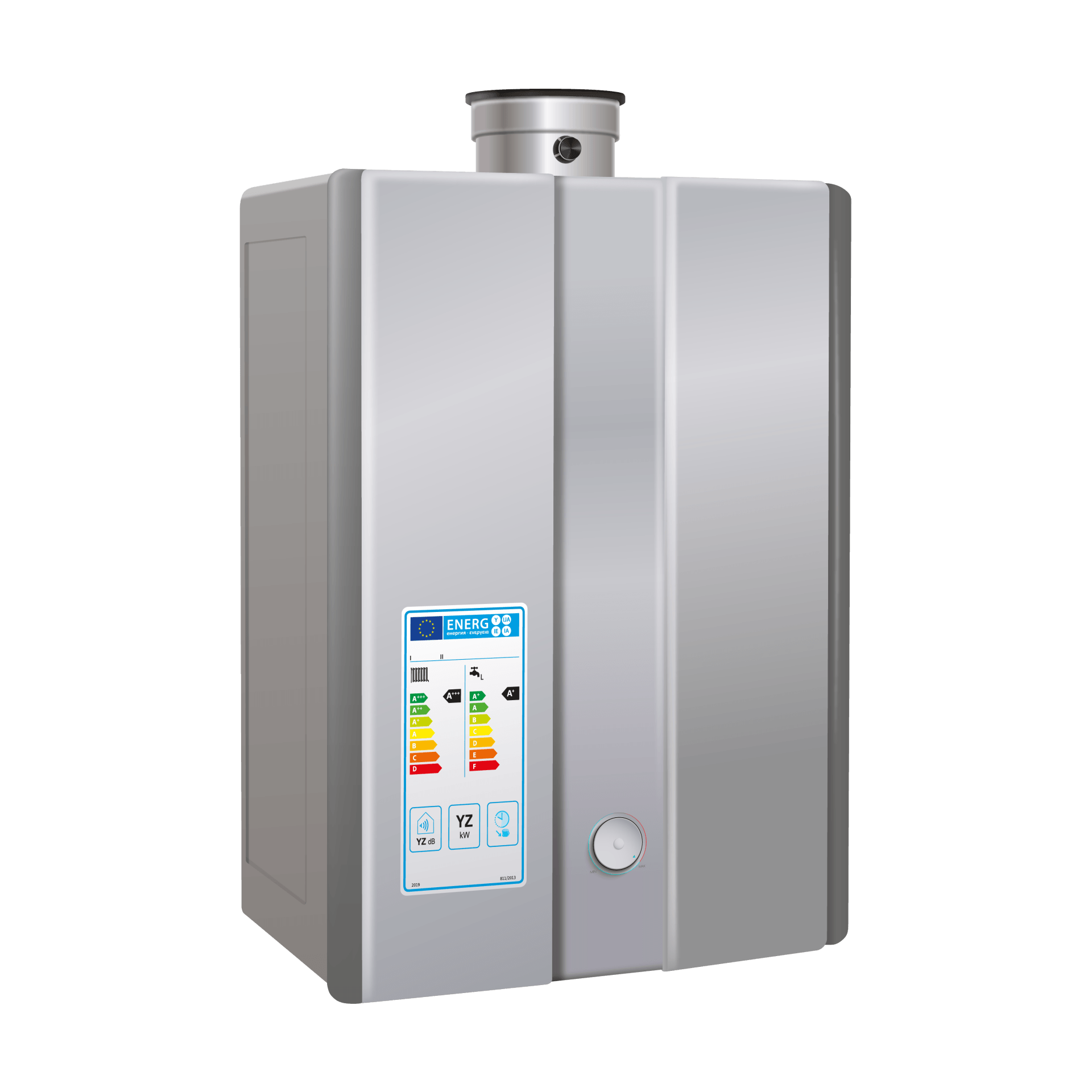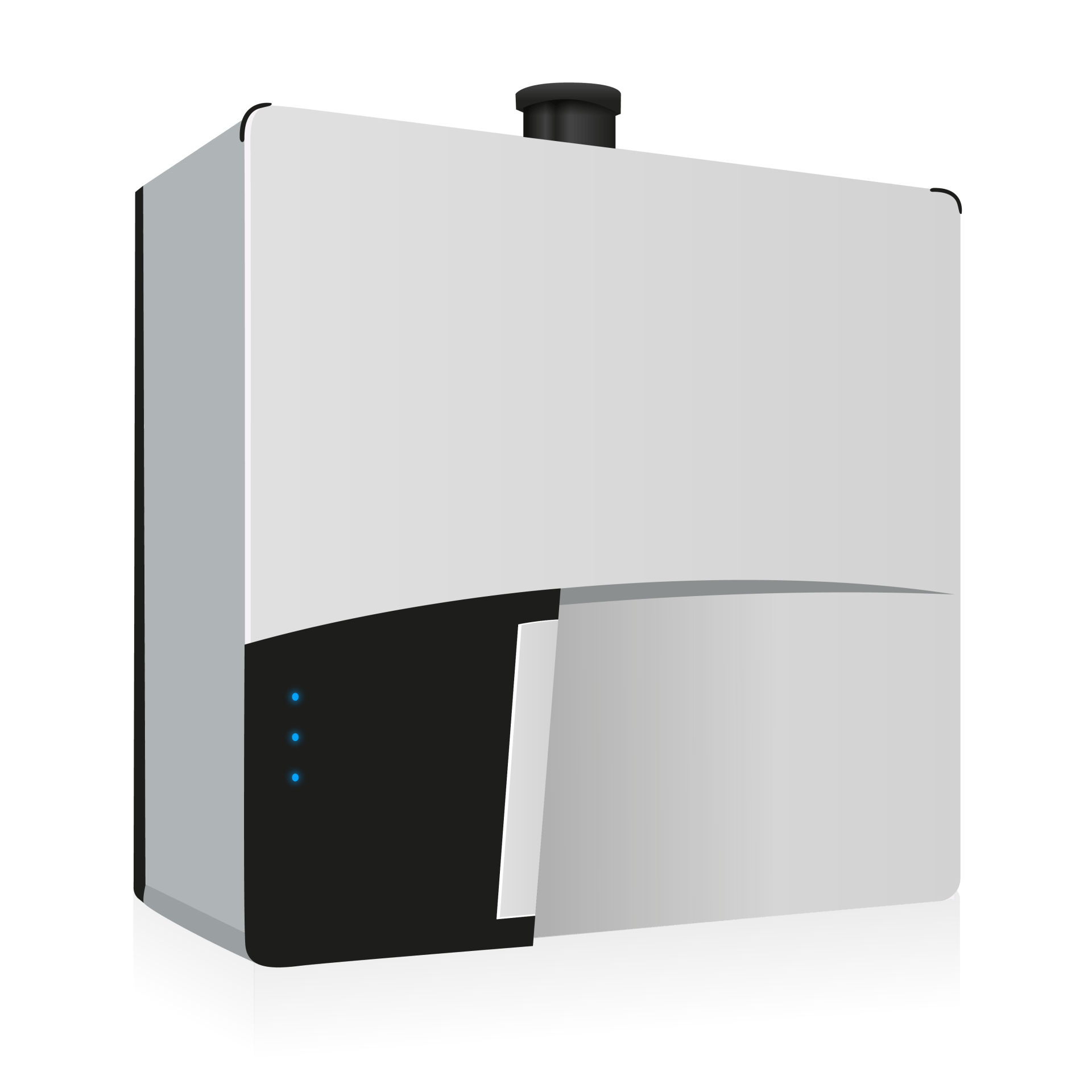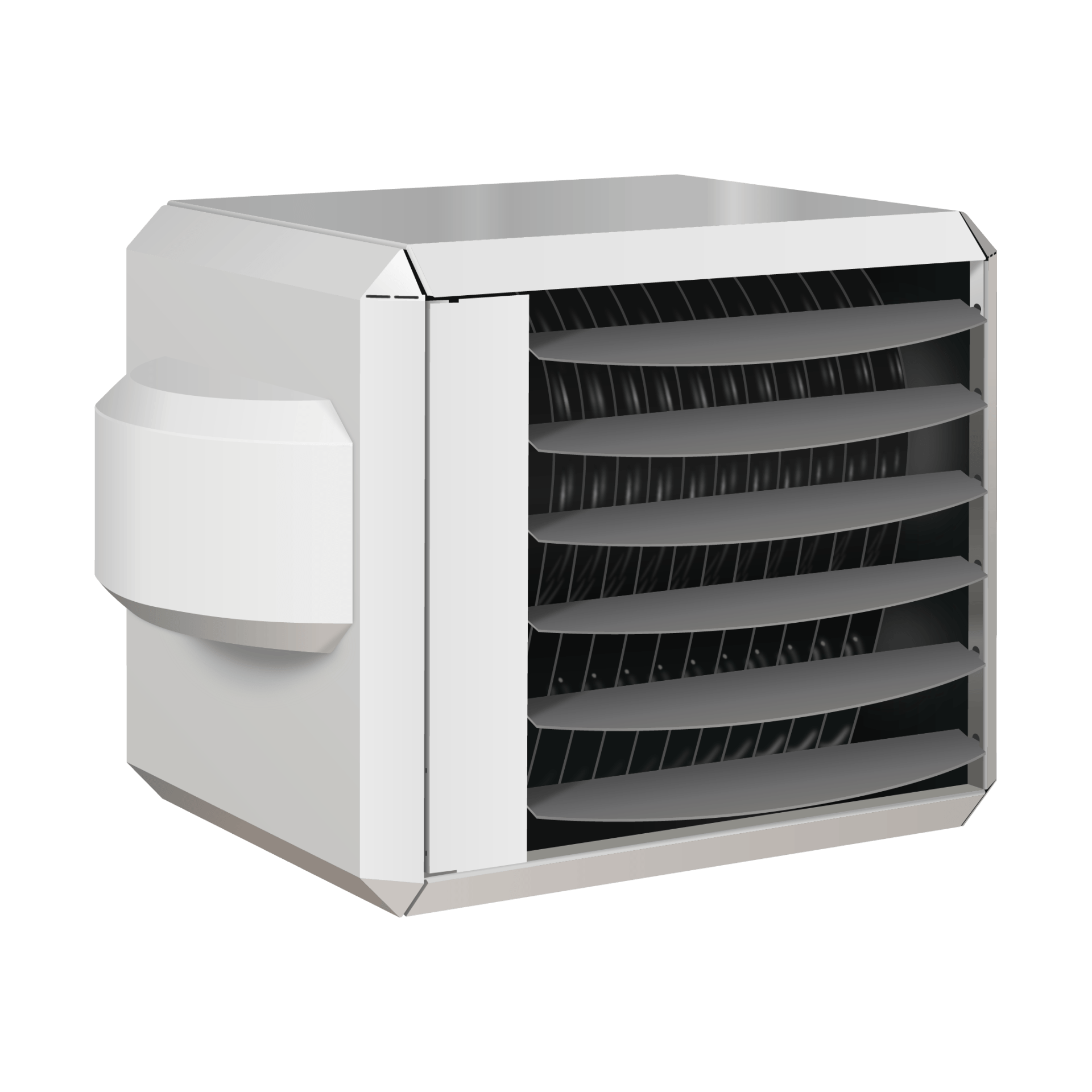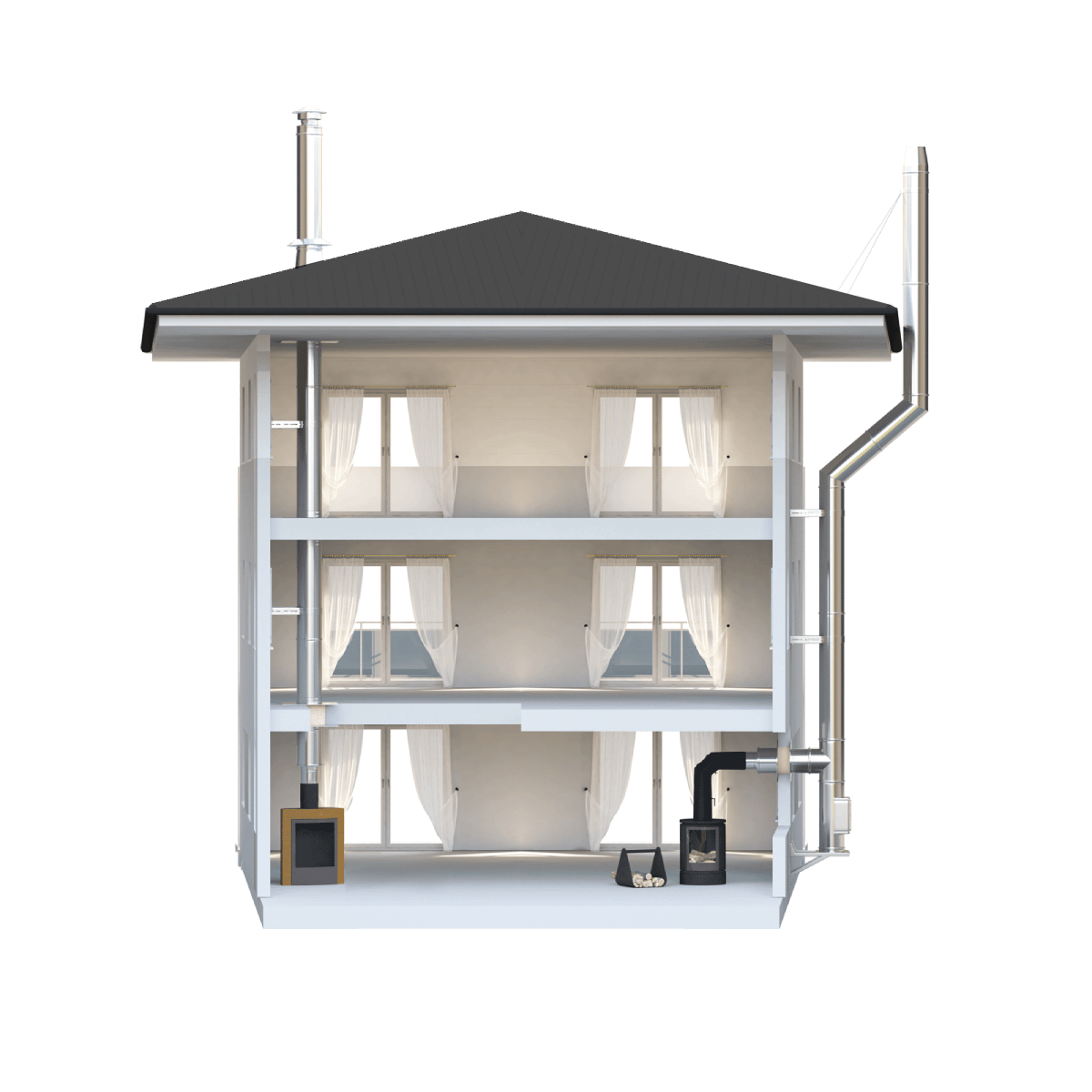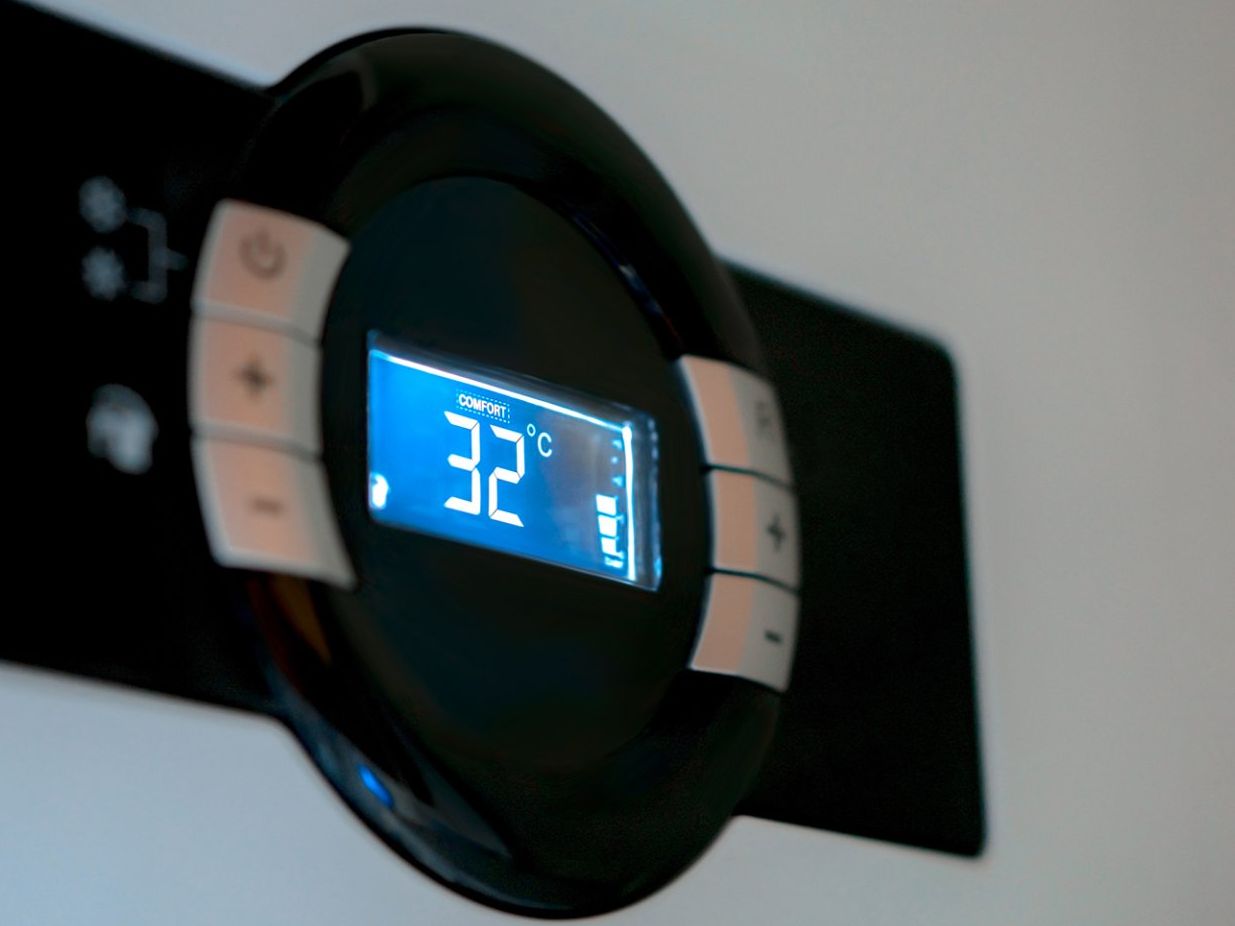A Guide To LPG Heating | Factory Heaters
LPG Heating
If you’re here today it’s likely you’ve come to find out all about LPG heating. Maybe you don’t know anything about it, or maybe you have a specific query you need an answer for. This is definitely the right place! This article aims to answer all you burning LPG heating- related questions, looking particularly at what LPG heating is and how safe it is. As well as this we will explore how LPG heating holds up against electric heating and the cost comparisons between them. We’ll then take a little look at how environmentally friendly this form of heating is.
If this sounds like just what you need then keep on reading, and you’ll be an LPG heating expert in no time!
What is LPG Heating?
LPG is an acronym for the term liquified petroleum gas. It is sometimes called LP Gas, too. LPG is made from a mixture of hydrocarbon gases and is most commonly used for camping cooking appliances, heating food, and even in vehicles. As well as this, it is, of course, used for heating homes and buildings around the world. When researching LPG, you may come across the word Propane, seemingly used interchangeably with LPG. Propane is a type of LPG. It is one of the most forms of it and is typically the one that is supplied to houses and commercial buildings.
The use of the substance for the purpose of household heating is a popular one, having been done so in rural European towns for a long time. It is used when houses do not have any direct links to piped gas lines and is an alternative to electric heating, kerosene, and heating oil. It is ideal for those homes or facilities that are considered ‘off-grid’. It can often be found as the main heating source in a rural neighbourhood, with everyone on one estate having the same system and LPG supplier.
LPG also has a large presence in commercial heating. Warehouses, factories and retail stores are just some examples of places that use LPG heaters.
As we said above, LPG is typically delivered by a supplier, and by delivered we mean physically delivered. It gets delivered by a large tank by road, and then put into a tank which will then heat your property. Because of the nature of this service, it is reliant on those regular deliveries of LPG, but nowadays there is an option to choose a system that monitors your LPG usage and lets you know when you need more.
Typically, when your LPG is delivered, it goes into a tank, which then disperses it into what is known as a wet heating system, wherein water is heated by the boiler and then transported to your radiators and taps. The boiler, in this case, runs on LPG which is what heats it.
Is LPG Heating Safe?
You may well be wondering how safe all this is. We are all more than aware of the hazards associated with different types of heating. LPG is not without its risks either, however, that is not to say it should be avoided.
As with all sources of energy like this, it is very important to remember that it is highly flammable and explosive. It should be handled with utmost caution and care, using protective clothing when handling it. This is because if it gets into contact with your skin, it can cause very painful, cold burns. It also acts as an asphyxiant if inhaled in high concentrations.
As for the safety of use in the heating of your property, it is generally thought of as being a very safe form of heating (provided the above safety precautions are taken when handling it or transporting it). LPG for the purpose of home heating must also undergo extra safety precautions, which will be achieved by being checked regularly. This is known as a service.
The precautions taken for LPG heaters in terms of regular boiler services are the same as conventional gas heaters and should be done by a qualified fitter and servicer. This will ensure everything is working as it should be, and any issues will be dealt with swiftly and safely, with the boiler and tank being recalled if needed.
These services should be undertaken every two years, and should not be left longer than this. As well as this, it is important for LPG boilers, in particular, to be given an adequate amount of ventilation.
LPG vs Electric Boilers/ Heating
So, you know a little more about LPG heating now, which may have you wondering whether it is worth installing one. As with all heating investments, the cost needs to be considered. To do this, we thought it would be handy to compare it with another popular heating choice – electric boilers.
Generally speaking, electric costs more per unit to run than gas such as LPG, making LPG a cheaper option. This is particularly true of Propane, a type of LPG. It is also thought to be far more efficient than electric heating, producing higher heats and faster heating times, so you truly do get more bang for your buck! For a more in-depth breakdown of costs in the UK, we can compare the price per kilowatt-hour (kWh). This price is given in pence (p). Electric is 16p, whereas LPG is 6.4p.
These figures, although not arbitrary, come from a 2015 source. It should be noted here that prices for fossil fuels such as LPG, and also electricity prices can fluctuate widely based on a variety of factors. For this reason, it is important not to take these figures as gospel, but rather as a way of comparing the two prices together generally. That said, over time, it has largely been the case that electricity has been more expensive than LPG and the like.
In terms of installation costs, electricity is one of the cheapest boilers around. It costs between £1000 and £2000 to fit an electric boiler. An LPG system on the other hand can cost up to £5000. These prices may change, of course, dependent on who is fitting it for you. What must be ensured with all installations is that the engineer is certified. This is especially important for LPG and other gas boilers and heating systems.
Overall, it seems that even with the higher installation costs, LPG remains the better value for money option over a long period.
Is LPG Heating Environmentally Friendly?
As we know, the environmental factor is one that is widely considered to be just as important as anything else in our current climate. You may or may not have heard terms such as ‘green energy’, ‘renewable energy’ and the like thrown around. You may well have even come across it during your research on LPG heating. We are here to clear up any queries and wonders you had over the environmentally friendly status of LPG heating.
We should be upfront here and state that LPG is a fossil fuel. Even though fossil fuels come from natural processes, those processes happen over millions of years, meaning they cannot be created quickly. In turn, this means that it is a non-renewable source of energy. In its most basic sense, this means that it is finite. It cannot be replaced at a quick enough pace to keep up with consumer demand. A good example of this is coal. The issue with these fuels is that they tend to cause all sorts of bad things for our good old planet earth!
We know for so many people just hearing the words ‘fossil fuel’ and ‘non-renewable’ gets them in a tizzy – understandably so! Whilst we know that fossil fuels are not known for their environmentally friendly status, it should ease your worries that LPG is considered one of the best of the whole lot!
Liquified petroleum gas is actually recognised as a low-carbon fuel alternative and is thought to produce even less carbon dioxide (CO2) emissions than coal and oil. As if that wasn’t good enough, LPG emits no black carbon. Black carbon is thought to be one of the biggest contributors to global warming and the environmental crisis we are in. This certainly puts LPG in good stead to be considered environmentally friendly.
Final Word
So, LPG heating… we are sure that this article has got you feeling like an expert on the subject! As you can see, LPG is a very worthy contender when it comes to choosing a source to heat your property. Liquified petroleum gas, the eco-friendly fossil fuel, certainly holds more than meets the eye. It is a choice that is as eco friendly as it is pocket friendly. It heats the space quickly and efficiently and is perfectly safe as long as it is professionally installed and serviced every two years. We hope this article has answered all those burning LPG questions from the beginning of the article. You can rest safe in the knowledge that it is a wonderful choice for heating that is going to warm you and your workforce for years to come!
Share.
Comment.
Latest.
